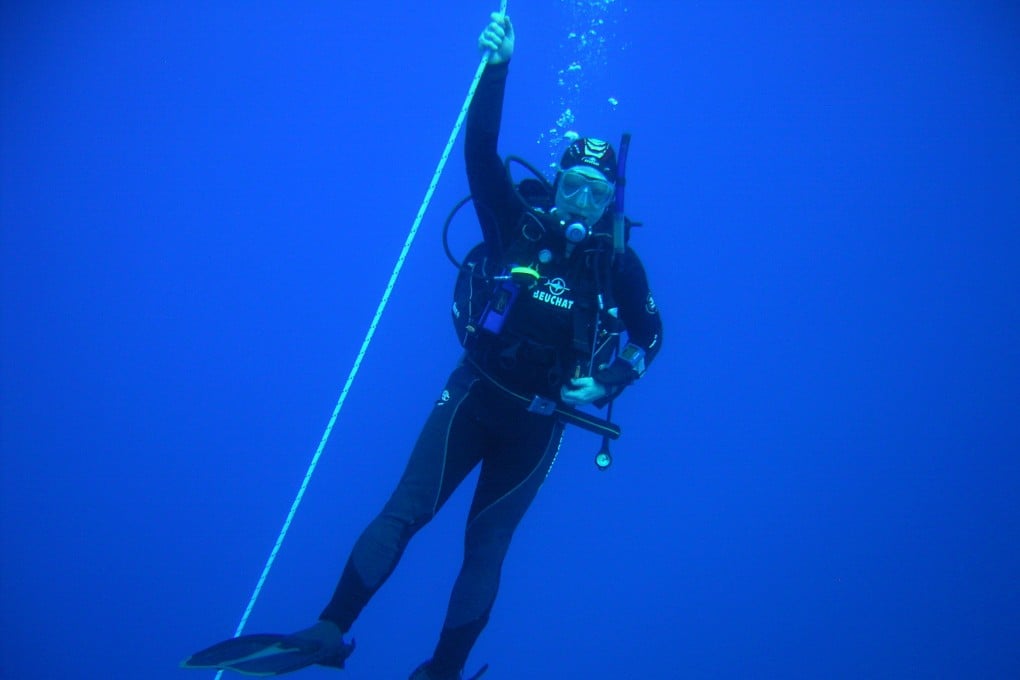Profile | From tracing the Titanic’s Chinese sailors to diving the Great Wall, how Steven Schwankert ended up making documentaries in China
- Steven Schwankert was a teen when he decided to spend his life in China. A diver, he opened a dive school in Beijing and went wreck diving in a Mongolian lake
- His uncovering of China’s secret salvage of a 1930s British submarine led to a documentary, and that in turn to one about Chinese sailors on the Titanic

I was born in New Jersey in 1971 and grew up in Holmdel, a fairly small, undeveloped town, but it’s close to the ocean and that had a big influence on me. When I was very young, I liked the water, but I didn’t like getting my hair wet. My grandparents bought me a diving mask and once I could see underwater, I didn’t care what happened to my hair.
My father was a lawyer and my mother a stay-at-home mum. I was a good, well-behaved kid because I was afraid of being punished. When I was four, The Undersea World of Jacques Cousteau was on TV on Sundays, and I watched it every week.
I knew from an early age that’s what I wanted to do – to be under the water and finding things. I took five years of French classes at school because I thought if I went on the Calypso, Cousteau’s ship, I’d have to speak French.
I looked forward to being 10, when I would be old enough to scuba dive. And I got certified when I was 13.

Way out East
My parents split up when I was 13 and my mother began working as a domestic violence counsellor. She did that for the next 25 years or so and would have considered that her life’s work.